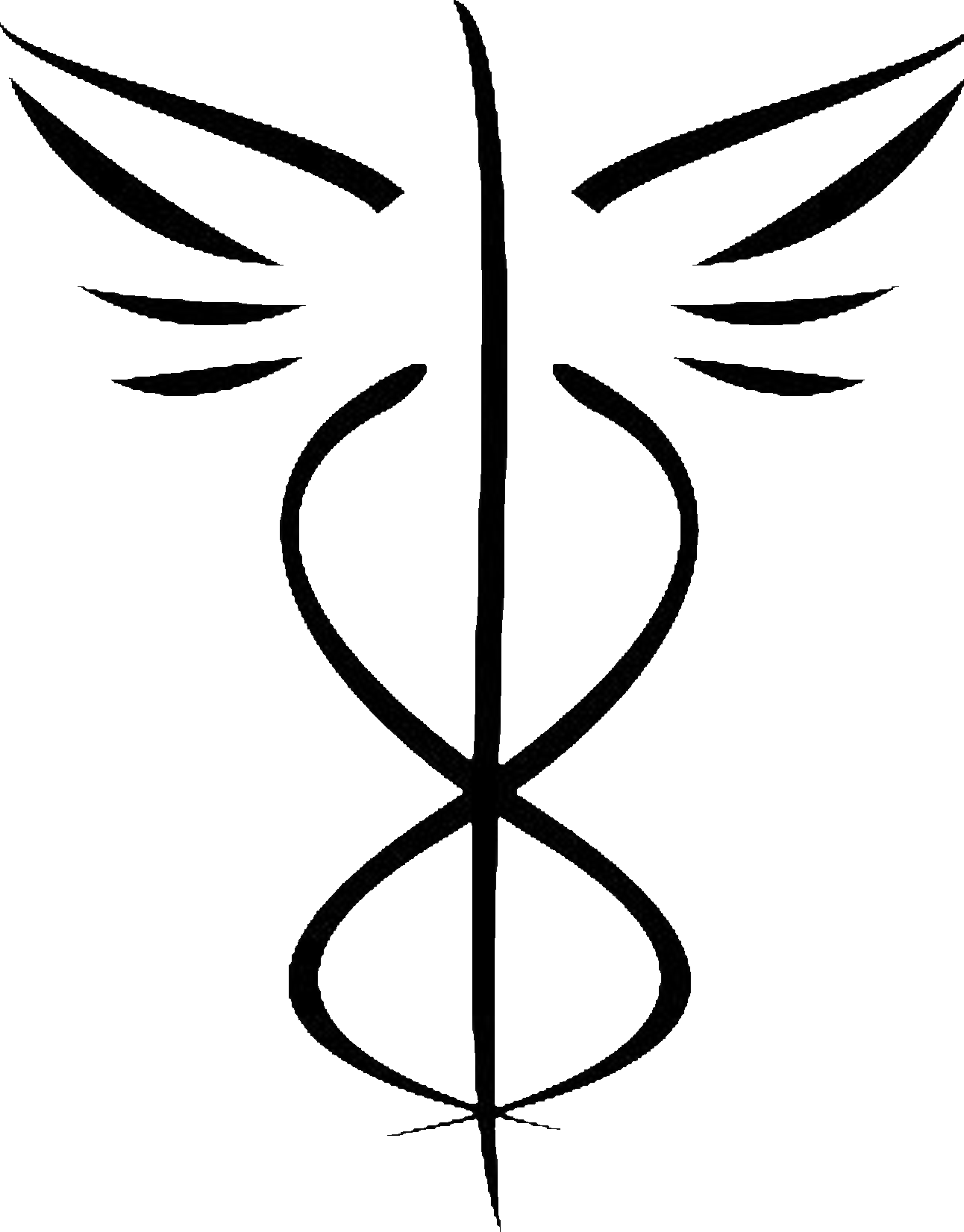Abstract
In iron-depleted women without anemia, oral iron supplements induce an increase in serum hepcidin (SHep) that persists for 24 hours, decreasing iron absorption from supplements given later on the same or next day. Consequently, iron absorption from supplements is highest if iron is given on alternate days. Whether this dosing schedule is also beneficial in women with iron-deficiency anemia (IDA) given high-dose iron supplements is uncertain. The primary objective of this study was to assess whether, in women with IDA, alternate-day administration of 100 and 200 mg iron increases iron absorption compared to consecutive-day iron administration. Secondary objectives were to correlate iron absorption with SHep and iron status parameters. We performed a cross-over iron absorption study in women with IDA (n=19; median hemoglobin 11.5 mg/dL; mean serum ferritin 10 mg/L) who received either 100 or 200 mg iron as ferrous sulfate given at 8 AM on days 2, 3 and 5 labeled with stable iron isotopes 57Fe, 58Fe and 54Fe; after a 16-day incorporation period, the other labeled dose was given at 8 AM on days 23, 24 and 26 (days 2, 3 and 5 of the second period). Iron absorption on days 2 and 3 (consecutive) and day 5 (alternate) was assessed by measuring erythrocyte isotope incorporation. For both doses, SHep was higher on day 3 than on day 2 (P<0.001) or day 5 (P<0.01) with no significant difference between days 2 and 5. Similarly, for both doses, fractional iron absorption (FIA) on days 2 and 5 was 40-50% higher than on day 3 (P<0.001), while absorption on day 2 did not differ significantly from day 5. There was no significant difference in the incidence of gastrointestinal side effects comparing the two iron doses (P=0.105). Alternate day dosing of oral iron supplements in anemic women may be preferable because it sharply increases FIA. If needed, to provide the same total amount of iron with alternate day dosing, twice the daily target dose should be given on alternate days, as total iron absorption from a single dose of 200 mg given on alternate days was approximately twice that from 100 mg given on consecutive days (P<0.001). In IDA, even if hepatic hepcidin expression is strongly suppressed by iron deficiency and erythropoietic drive, the intake of oral iron supplements leads to an acute hepcidin increase for 24 hours. The study was funded by ETH Zürich, Switzerland. This study has been registered at www.clinicaltrials.gov as #NCT03623997.
